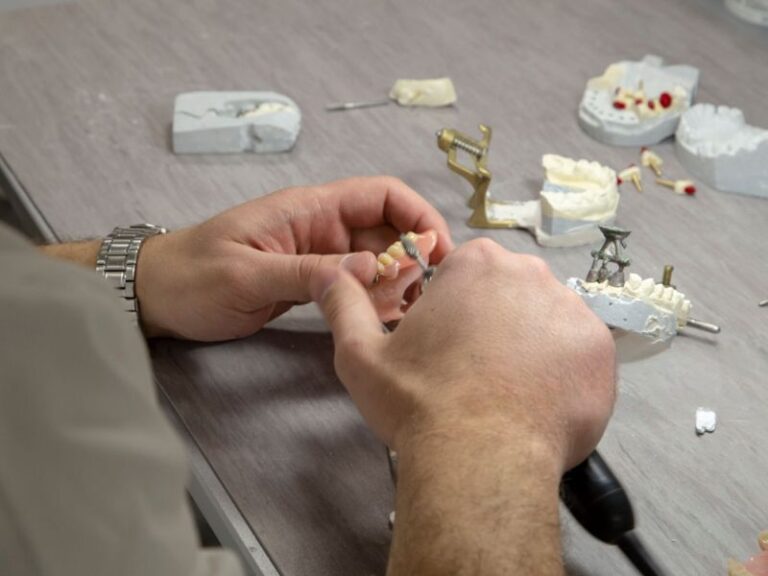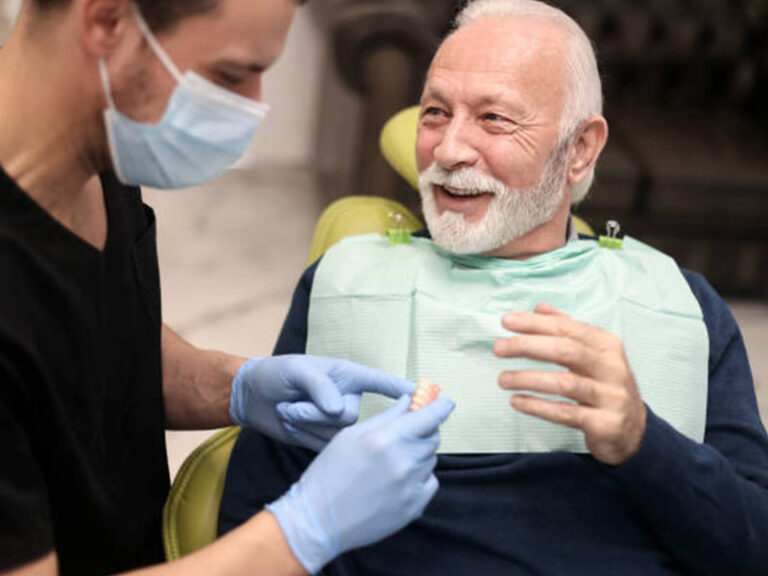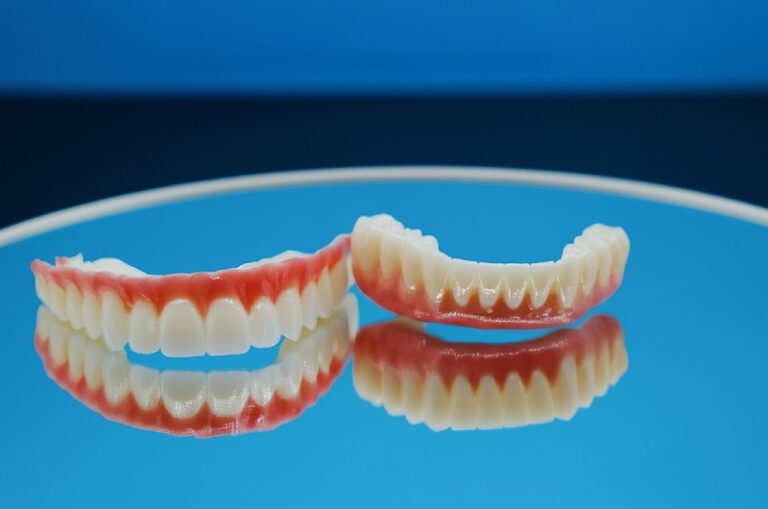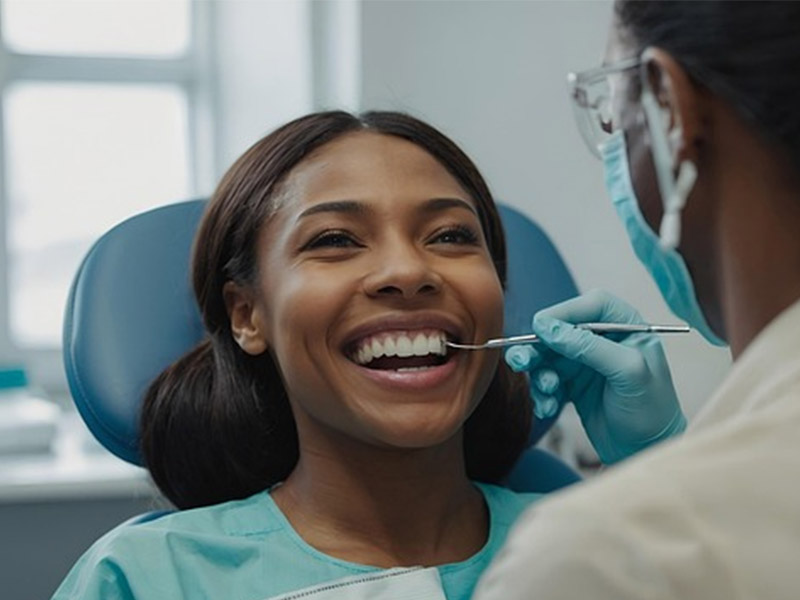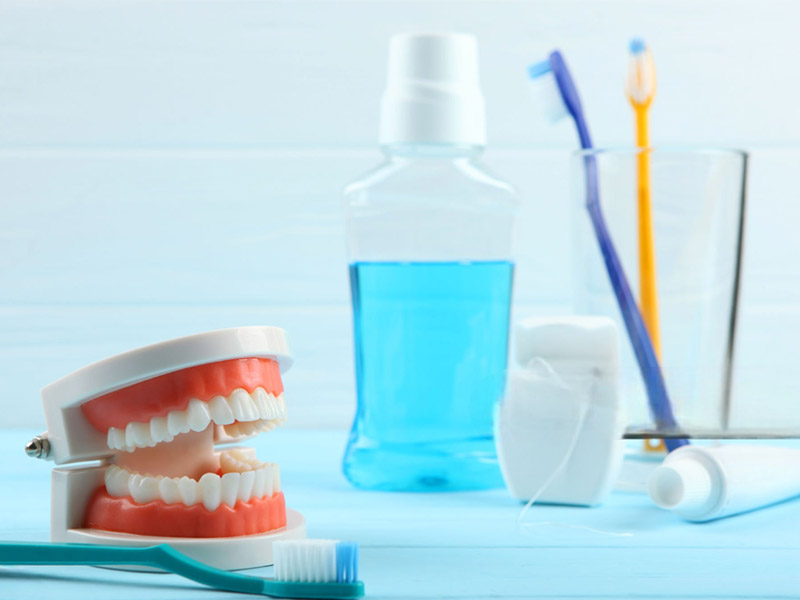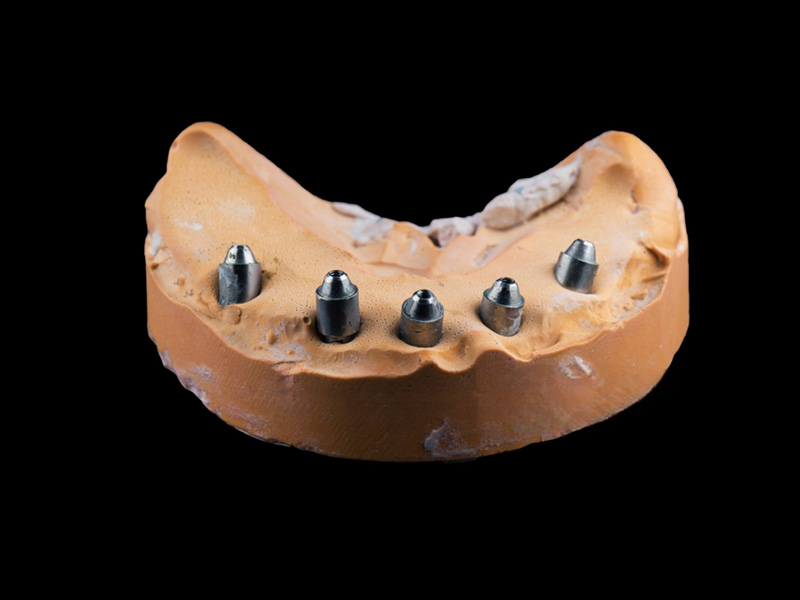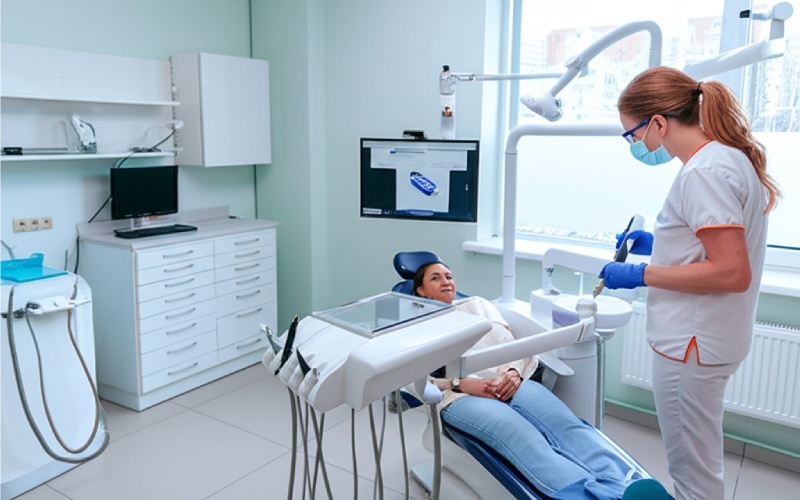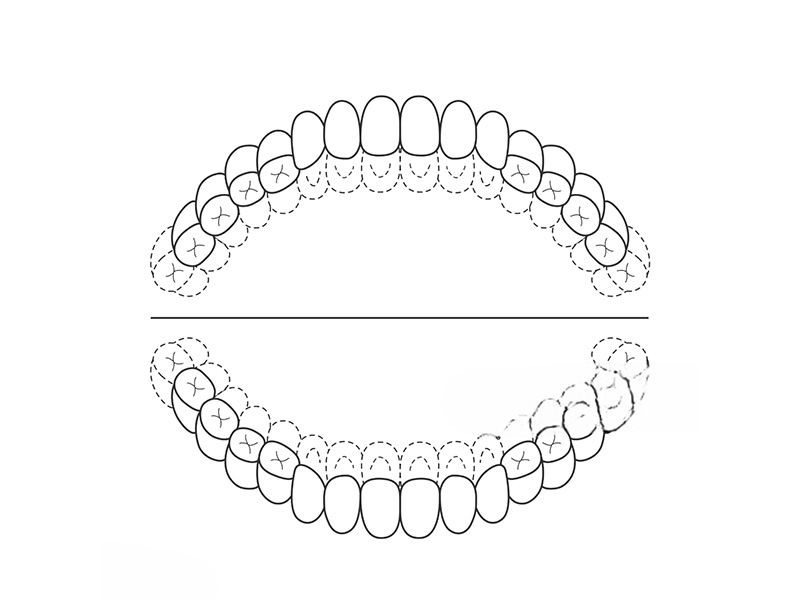
Playing Sports with Braces: The Simple Guide to Staying Safe
Love sports but worried braces will keep you on the bench? Good news! You can still join in and keep your smile safe. This guide shows you just what you need to know about braces and sports—why a mouthguard made for braces is a must, what to watch out for, and how to deal with sports accidents if you have braces. We’ll go over tips for football, basketball, swimming, and more. You’ll finish feeling sure, comfortable, and ready to dive in—without making your orthodontist sweat
Table of Contents
Why Read This Guide?
Are you joining the basketball team soon, ready to cheer at football games, or jumping into wrestling at your local gym? Braces shouldn’t slow you down but they do need a bit more attention. This guide gives you simple answers to the real problems and worries folks have about playing sports with braces.
You’ll learn:
- Why your coach and orthodontist always remind you to wear a mouthguard (and what could happen if you don’t!)
- How to pick the right mouthguard for football, soccer, baseball, boxing, lacrosse, martial arts, and more
- What to do if you take a hit, lose a bracket, or get a cut—without freaking out
- How to keep your mouthguard clean and not smelly
Straight teeth are nice, but keeping them safe is better. Let’s get you on the field and help your smile survive!
Can I Still Play Sports with Braces?
Yes, you really can play sports with braces—and you should! Braces shouldn’t take away your fun or keep you off the team. Maybe you’re thinking, “Will my mouth get hurt? Should I quit?” Don’t stress. With the right gear, you can play any sport you like, from soccer and basketball to cheer, wrestling, and swimming.
Orthodontic treatment wants to give you a better smile—not keep you stuck on the bench. Speaking as both a player and a sports parent, joining in helps kids grow stronger and makes every trip to the orthodontist worth it.
Why Is Protection So Important When I Have Braces?
Let’s be honest—braces are metal, plastic, or ceramic bits glued to your teeth. These brackets and wires are great for moving your teeth but don’t get along with a flying soccer ball or a wild elbow. Without a mouthguard:
- Brackets and wires can cut your lips, cheeks, or tongue if you get hit.
- A direct hit can break your braces or even move your teeth out of place.
- Your teeth, especially with braces, have little to stop a hard hit. You could end up with a cracked, chipped, or maybe even a knocked-out tooth.
Does this mean you should fear every toss or tackle? Not really. It just means with a little thought, you can skip problems that send a lot of athletes running to the emergency room or back to the orthodontist with snapped wires.
What Could Go Wrong? Common Sports Injuries with Braces
Let’s look at what can go wrong if you skip the mouthguard during sports. I’ve seen these up close—nobody enjoys them:
- Cuts to the lips and cheeks: Brackets and wires can act like tiny knives when you get hit. Your lips, cheeks, or tongue might get bad cuts. These hurt, bleed, and sometimes need stitches.
- Broken Braces: A hockey puck, basketball, or a teammate’s elbow can snap off a bracket, bend a wire, or loosen bands. Now you’re off to the orthodontist. Worse, this wrecks the work on your teeth and makes you wear braces longer.
- Tooth Injuries: Braces do not protect your teeth from getting knocked, chipped, or loose. If you get hit, you could need a root canal, lose a tooth, or need an implant—all of which cost a lot and can be scary.
Table: What Can Happen with Braces and No Mouthguard
| Injury Type | Risk Level (w/o mouthguard) | Pain/Recovery | What Could Happen |
|---|---|---|---|
| Lips/cheeks/tongue cuts | High | Painful, needs care | Infection, scars, stitches |
| Broken bracket or wire | High | Annoying | Emergency ortho visit |
| Broken/lost tooth | Moderate | Very painful | Root canal, tooth loss, $$$ |
Think mouthguards are pointless? Think again: Players without mouthguards are 60 times more likely to mess up their teeth. (ADA Data)
What Is an Orthodontic Mouthguard?
Now here’s the real all-star—the orthodontic mouthguard. It’s not just the thick, rubbery mouthguard you’ve seen for football or boxing. Orthodontic types are:
- Made from high-quality silicone or soft, bendy stuff (like ethylene-vinyl acetate (EVA)).
- Bigger than regular mouthguards, with extra space for brackets, wires, and bands.
- Made to protect not only your teeth but also your braces and the soft parts of your mouth.
Custom vs. Store-Bought: Some orthodontists can make you a mouthguard just for you. You can also grab special “boil-and-bite for braces” guards at sports stores or online. (Look for brands like Shock Doctor made for people with braces.)
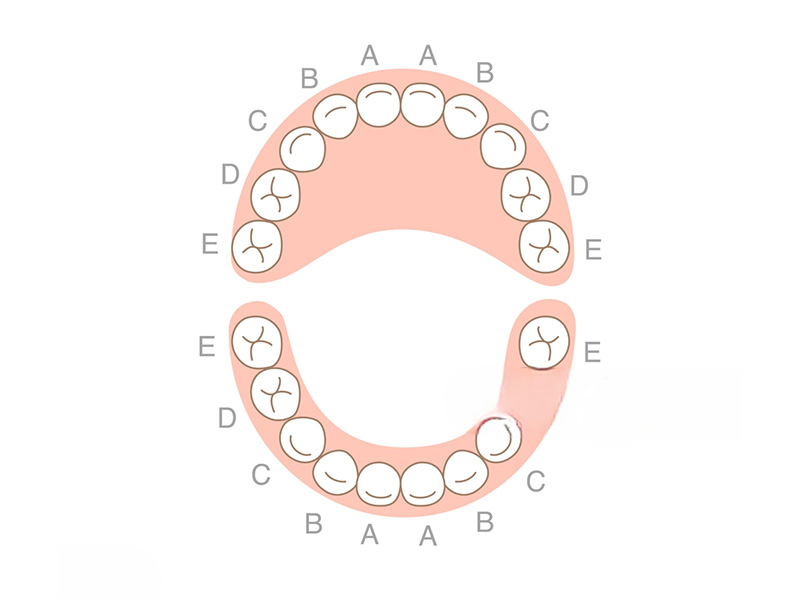
Which Mouthguard Should I Choose? Plain Advice
With so many choices, it can feel confusing. Here’s the easy version:
Custom-Fit Mouthguards:
- Pros: Made just for your mouth, super comfy, best protection.
- Cons: Not cheap. Only from an orthodontist or dentist.
Boil-and-Bite Mouthguards for Braces:
- Pros: You can find these all over. Cheaper. Easy to fit at home.
- Cons: Not as perfect as custom, can feel bulky. Still, these are made for braces—don’t grab the “regular” ones!
What to Avoid:
Don’t pick a normal mouthguard that’s not made for braces. These can hug your brackets too tight. Get smacked or pull it off fast and you might pull off a bracket or bend a wire.
List: Top Tips for Mouthguard Shopping
- Ask your orthodontist about making you one.
- Look for “orthodontic mouthguard” on the box if shopping by yourself.
- Don’t use a regular store mouthguard—they can break your braces.
- Swap your mouthguard if it gets loose, chewed up, or after a big hit.
Which Sports Need a Mouthguard? Which Ones Don’t?
Maybe you’re thinking, do I need a mouthguard for every sport? Here’s the scoop from the American Association of Orthodontists (AAO) and American Dental Association (ADA):
| Sport/Activity | Mouthguard Needed? | Notes |
|---|---|---|
| Football, Hockey, Lacrosse | REQUIRED | Big hits all the time. It’s the rule. |
| Wrestling, Boxing, Martial Arts | REQUIRED | Pick a double-braces mouthguard if you can |
| Basketball, Soccer | STRONGLY RECOMMENDED | Lots of elbows, balls, and bumps |
| Baseball, Softball | RECOMMENDED | Infielders/catchers especially |
| Volleyball, Cheerleading | THINK ABOUT IT | Collisions can happen |
| Swimming, Track, Tennis | NOT REALLY | No hitting but stay careful |
Most injuries pop up in sports with fast moves and rough play. Did you know basketball causes almost as many tooth injuries as football? With all those hands and flying balls, it just takes an instant.
Protect Your Smile:
Playing hard? A good mouthguard made for braces is your best bet. It stops big problems—and keeps your season (and your teeth) going.
Can I Play Sports with Invisalign or Clear Aligners?
Yes, and it’s actually simpler. If you wear Invisalign or other clear aligners:
- Take out your aligners before any rough sport. Don’t use them instead of a mouthguard—they won’t help and might break.
- Put in a sports mouthguard made for teeth without braces.
- When you’re done, clean your mouthguard, pop your aligners back in, and you’re set!
So you get easy comfort and no broken trays or emergencies. Always take a case for your aligners—keep them clean and safe.
What Should I Do if I Get Hit in the Mouth?
Say the worst happens—you get hit, your lip is bleeding, or something feels off. Take a breath. You got this.
Step 1: Check Things Out
- Stay calm. Stop and breathe.
- Look for cuts, loose or broken parts, bent wires, or loose teeth.
- Don’t try to wiggle anything with your tongue.
Step 2: Quick First Aid
- For bleeding, push gently with some clean gauze.
- For cuts, rinse with warm salt water.
- If a wire pokes out, stick a piece of orthodontic wax on the tip. Don’t try to fix wires yourself!
- For a loose bracket, just cover it with wax if you feel a sharp spot.
Step 3: Get Help
- Call your orthodontist if you broke a bracket, bent a wire, or messed up your braces.
- Go to a dentist/doctor/ER right away if a tooth is broken, loose, missing, you’re in a lot of pain, or think you hit your jaw/head hard (could be a concussion).
Waiting too long makes it worse. If you’re not sure, call the ortho office—they take these calls every day and know what to do.
How Do I Clean and Take Care of My Mouthguard?
Cleaning your mouthguard is just as important as wearing it. Germs love dark, wet places like sport mouthguards. Yuck! Here’s the simple way to keep it nice:
How to Keep It Clean:
- Rinse with cold water after you use it.
- Brush gently with a soft toothbrush and no gritty toothpaste.
- Soak the mouthguard in antibacterial rinse or baking soda water once a week.
- Let it dry before putting it away (don’t box up a wet one).
List: Easy Mouthguard Tips
- Don’t boil it or use hot water—it’ll get warped.
- Get a new mouthguard every season, or sooner if it looks chewed up.
- Always put it in a vented, clean case.
Not sure how to clean it? Just ask your orthodontist at your next checkup.
Quick FAQ: Braces and Sports
Do I have to wear a mouthguard at practice?
Yep! Most mouth injuries happen at practice, not games.
Can my orthodontist make a mouthguard for me?
You bet. Many orthodontists make custom mouthguards. Just ask!
How often should I replace my mouthguard for braces?
Each season, or whenever it’s damaged or too loose.
What should I pack when I have sports with braces?
- Mouthguard (plus a spare)
- Orthodontic wax
- Salt packets (for rinsing out small cuts)
- Extra bands if you use them
- Case for mouthguard/aligners
Key Things to Remember
- Wear an orthodontic mouthguard for any sport with hits, bumps, or balls flying.
- Don’t use a regular mouthguard—only one made for braces.
- Visit your orthodontist fast if you break something. Don’t mess with wires or brackets yourself.
- Clean your mouthguard a lot and change it out often.
- Sports mouth injuries really hurt, cost lots of money, and set your braces back. Guard your teeth and wallet!
- Don’t quit—braces don’t mean goodbye to sports. With a little extra care, you can have it all: a fun season and a winning smile.
References:
- American Dental Association – Sports Mouthguards
- American Association of Orthodontists – Sports and Braces
- Academy for Sports Dentistry
- NCAA Sports Medical Handbook
- Colgate – Dental Injuries in Sports
For more handy tips on braces and mouthguards, check our braces resources or talk with your orthodontist. Stay safe, have fun, and keep that smile shining!


